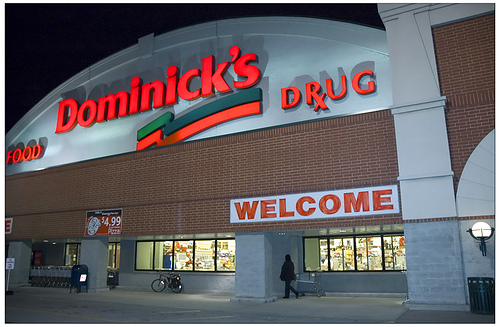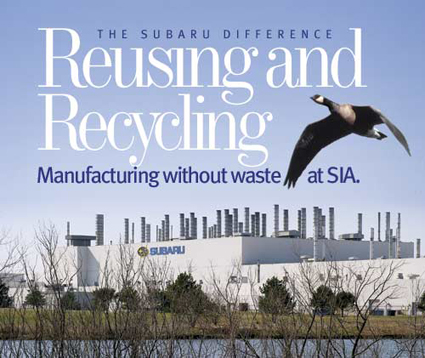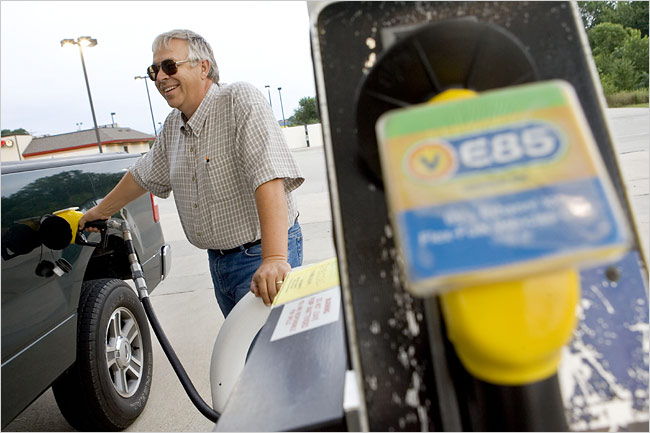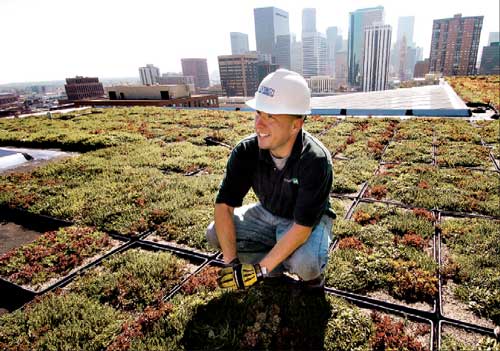 With corporate hiring returning to a deep freeze and the Dow hanging north of 10,000 by its fingertips, CSR programs focused on eco-efficiencies — LED lighting in…um…the freezer section — remain priorities for the retail market. This is particularly the case when companies open or renovate new facilities. A Sunday Chicago Tribune Business feature by Emily Bryson York reports on high efficiency capital investment and green building strategies at Dominick’s (part of the Safeway portfolio), Subway, Starbuck’s and Macy’s.
With corporate hiring returning to a deep freeze and the Dow hanging north of 10,000 by its fingertips, CSR programs focused on eco-efficiencies — LED lighting in…um…the freezer section — remain priorities for the retail market. This is particularly the case when companies open or renovate new facilities. A Sunday Chicago Tribune Business feature by Emily Bryson York reports on high efficiency capital investment and green building strategies at Dominick’s (part of the Safeway portfolio), Subway, Starbuck’s and Macy’s.
The grocery store chain Dominick’s has renovated its Lincoln Square location with a “cool” roof, priority parking for low-emission vehicles and made significant upgrades in its freezer cases with LED lighting and high efficiency compressors. The store will also collect plastic shopping bags to be re-purposed into deck materials and flooring. Finally, the store has built a bioswale that will filter storm runoff from the parking lot upstream from the sewer. Perhaps the nation’s greenest Mayor (in aspirational terms) had a hand in Dominick’s green renovations: The Lincoln Square location is the first in Chicago to be built using sustainable guidelines.
So what’s the argument for Dominick’s to make such expensive capital investments with uncertain payback and ROI (Dominick’s estimates a 22% reduction in energy consumption) terms?
“A lot of what we’ve done is based on requests from consumers,” explains President Don Keprta. “Everyone is very conscious of the greening of the country.”
And now for the salient point from Keprta: “The technology is catching up with the wants of the consumer…Some things in the past would have been cost-prohibitive.”
With GDP growth under 2 percentage points (2Q 2010) the market clearing price of highly efficient HVAC products comes at significant discount, meaning companies doing renovations will expand their investments in physcial plant infrastructure that is less carbon intensive. And they will market these decisions to increasingly sensitive consumers.
This is good news for CSR at large because businesses will have to follow the herd in order to compete. With apologies to Mr. Aneel Karnani (author of the “The Case Against Corporate Social Responsibility”), CSR focused on lowering carbon emissions will continue to grow in the retail space.
And the corporations will pay for it — another win for the public.
Image credit: swanksalot via Flickr under a CC license





